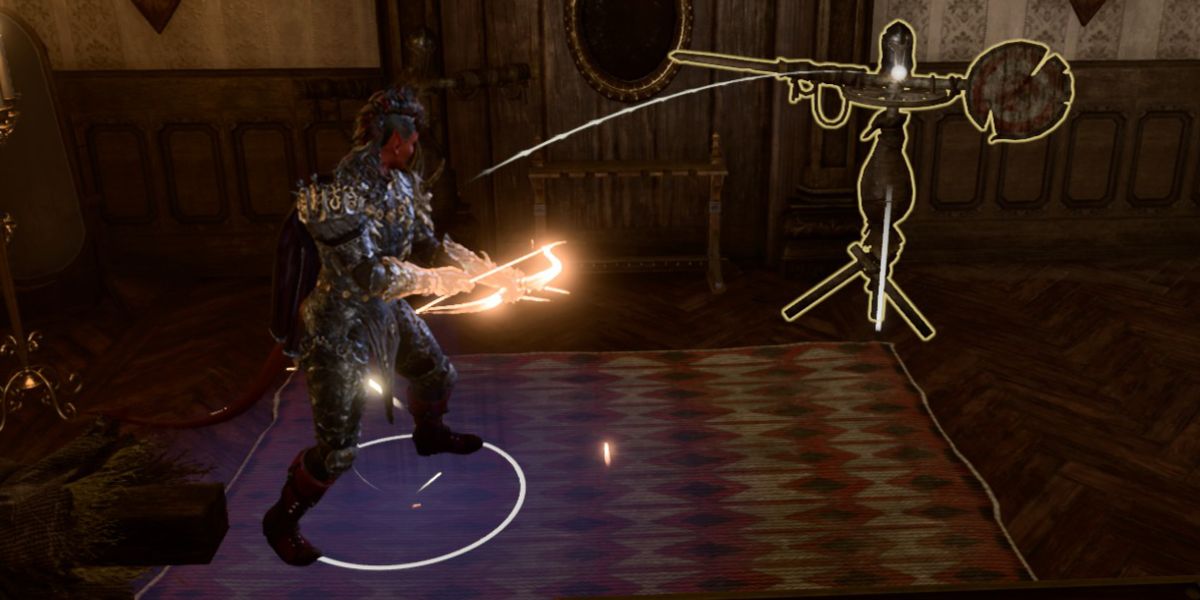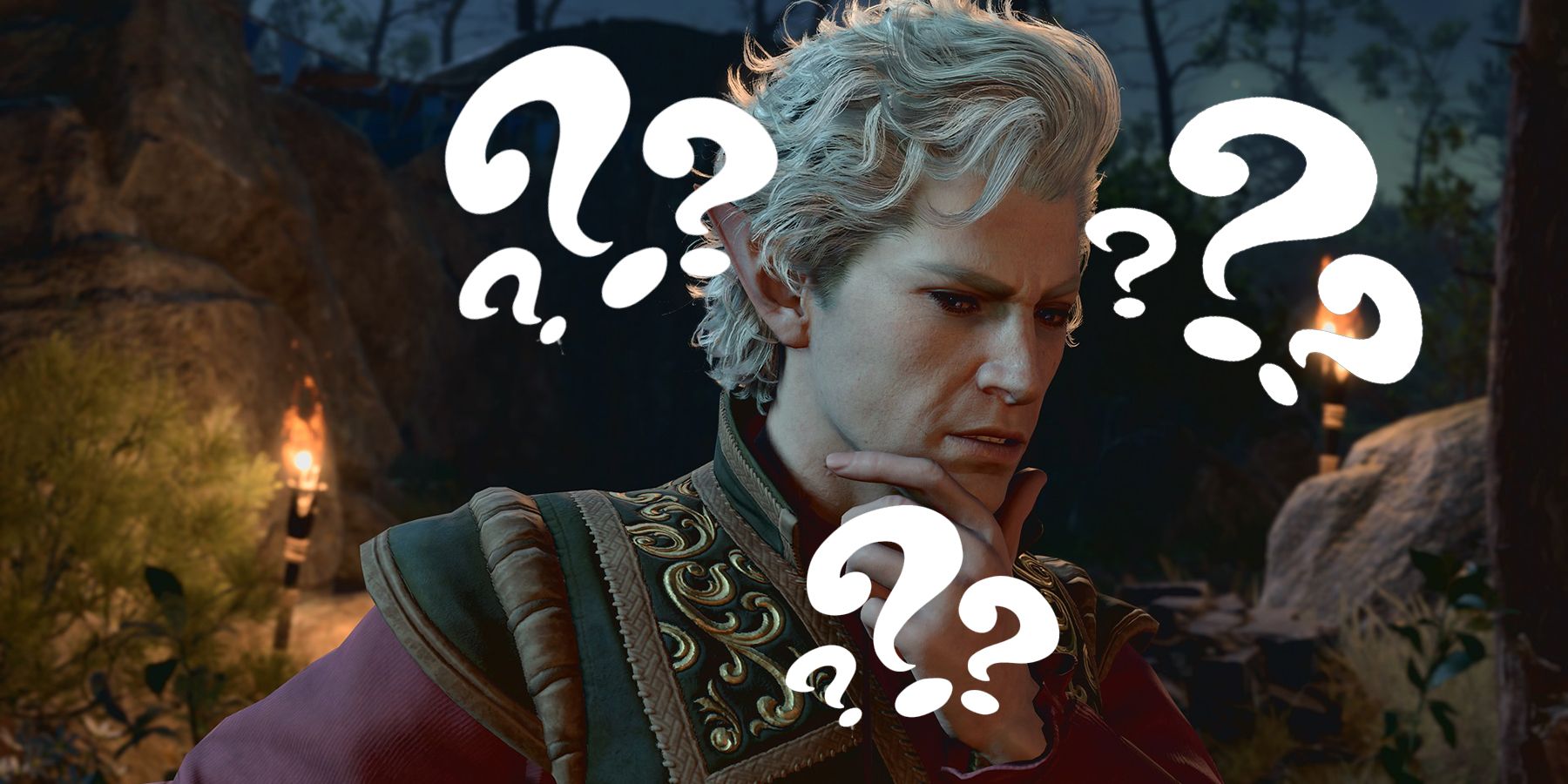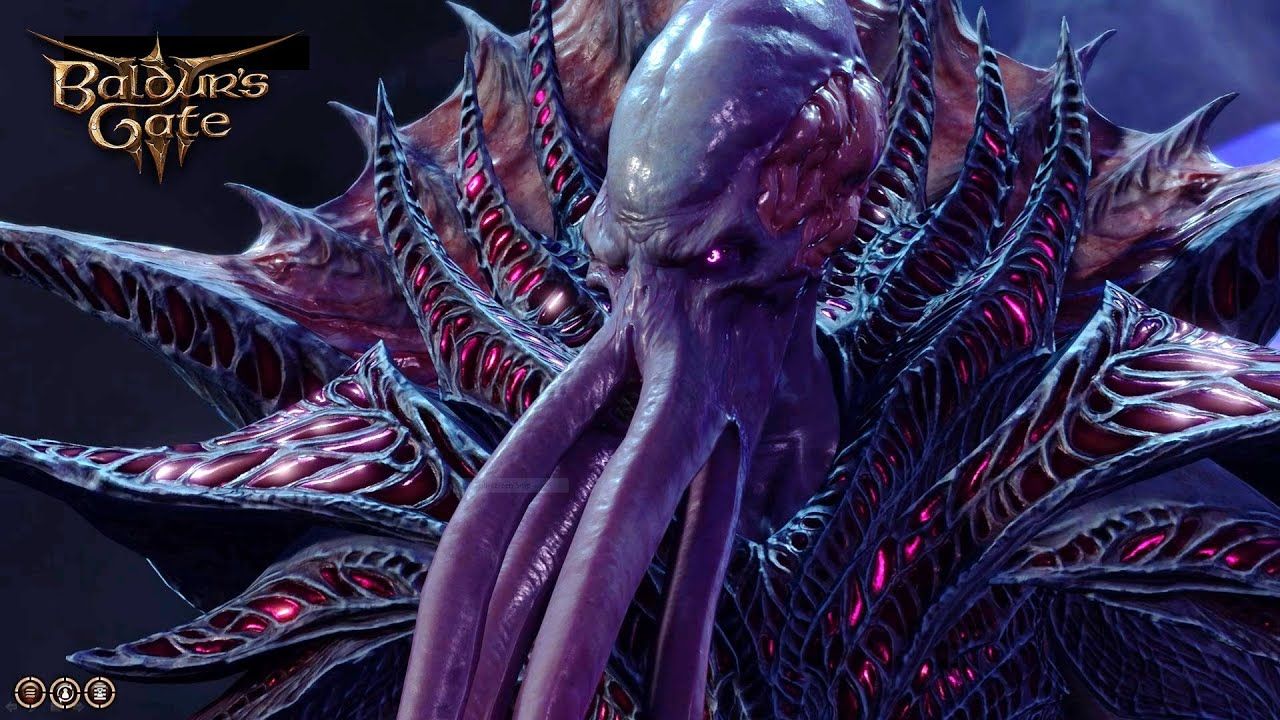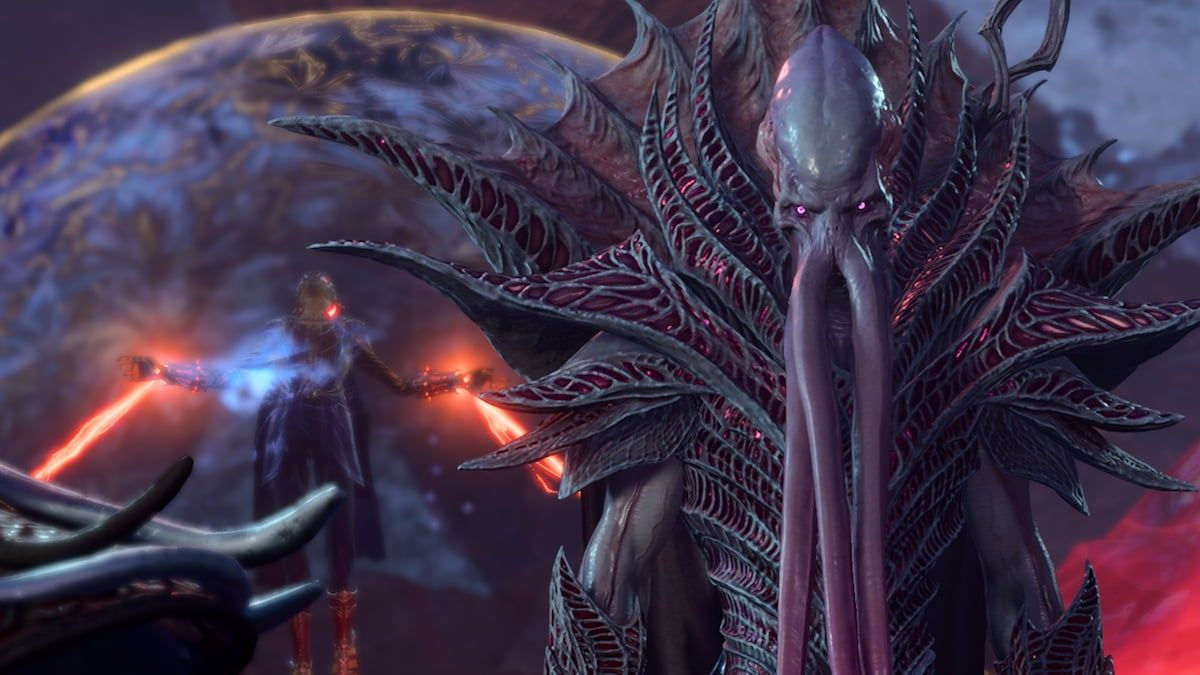Highlights
- Baldur's Gate 3 offers players complete freedom in their choices, including the ability to kill important NPCs and reject companions.
- However, certain key characters like the Emperor are unkillable until specific story beats, creating an illusion of choice.
- The Emperor manipulates players and presents them with these false choices, however, as this illusion of choice serves to develop his character and fits into the overall themes of the game.
SPOILERS FOR BALDUR'S GATE 3 AHEAD
Baldur's Gate 3 is a game where choice matters, and for the most part, players have complete freedom in their choices. Players can walk into an important area and slaughter every NPC, including important quest givers or recurring characters, well before continuing the main story. There are companions players can reject or straight-up kill, sometimes independent of whether they play the Dark Urge in BG3. And each companion's ultimately fate rests in the players' hands either way.
However, even the best choice-based games must have some level of illusion of choice. If Baldur's Gate 3 is to be compared to a Dungeons and Dragons campaign, then Larian Studios is the DM, and any DM knows that sometimes even the most vicious murder hobos have to be reigned in. This manifests with some key characters being unkillable until certain story beats, like Raphael. Even the most bloodthirsty players are under no illusions that they can beat him, but the fate of another character puts the illusion of choice at the forefront. In short, The Emperor presents players with several illusions, and how they interact or see through them influences their relationship with him.
Baldur's Gate 3: Can You Actually Kill The Emperor?
Any Baldur's Gate 3 player is going to be slightly suspicious of the Emperor, well before his tentacles appear. Players will design and first meet him as BG3's Dream Visitor/Guardian, but even in that form, they are initially dodgy about the reason they rescue the player, how and why they protect them from the Absolute, and so forth. But unlike Gale, Wyll, the Tieflings of Druid's Grove, the camp in the Underdark, and so forth, players cannot kill the Guardian/Emperor. He's not like Raphael where the game ensures there's never an opportunity; in fact, players are given plenty of false opportunities to kill him. The first is when Vlaakith demands the players enter the Astral Prism to kill someone there (which may or may not have been The Emperor, they later learn). Here, the Emperor/Guardian will kneel before the player, giving fans the option to kill them.
But it's a sike moment, as players will not be able to kill the BG3 Guardian in the Astral Prism. Later on, when players learn that the Guardian is actually a Mind Flayer, they have the choice to fight him. This combat scenario is complex, because not only are players hostile against The Emperor, but they are being attacked by Githyanki too. Emerging victorious against the Emperor has him tell players they'll die alongside him (which BG3's Narrator will confirm), and it's true. They could ally with him here to defeat the Githyanki, but striking him down ends the game.
As players progress throughout the game, they'll learn more about the true identity of Baldur's Gate 3's Emperor, and oftentimes, it's like the game intentionally ensures players will want to trust him in one moment but not the next. But ultimately, The Emperor is the sole reason the players don't become Mind Flayers before intended, and they'll learn a Mind Flayer is needed to end the Netherbrain (should they choose this route). Luckily, should players not trust The Emperor, not approve of his methods, or prefer the Githyanki to the Mind Flayers, they will eventually be able to kill him. To do so, this involves multiple quests and good timing, as they can use a special hammer to free Orpheus who, like The Emperor, can protect the players.
Baldur's Gate 3: The Emperor's Illusion of Choice is Intentional
Killing The Emperor at this time, especially when players have distrusted him from the beginning, is extremely satisfying. But it's also extremely railroad-y. In general, many tabletop players dislike it when a DM railroads certain events, to take away viable and reasonable choices in favor of one outcome. For the most part, that's what The Emperor feels like. Players are given plenty of options to turn murder hobo on just about anyone, save The Emperor. For Baldur's Gate 3 characters like Raphael, who would be too powerful for underleveled characters, there's not even a chance to kill him. That makes the power disparity clear, but to be presented with the choice of killing the Emperor but not being able to until a certain time is pure illusion of choice. Now, of course, it should be mentioned that the keywords for choice are "viable and reasonable," but given that Orpheus resides in the Astral Prism, killing The Emperor could have seen him take over as their protector, willingly or not.
At the same time, this illusion of choice itself is intentionally designed as an illusion. The Emperor has his good qualities and his bad qualities, but underlying all of it is his clear manipulation of the player. He does not want them in the Githyanki Creche, but if they do go and meet him in the Astral Prism, he kneels and gives them the "power" to kill them, creating an illusion players can trust him. When he is revealed as a Mind Flayer, it's during a Githyanki attack where he appears to be the victim, which players will later learn is not the case. If players make a deal with Raphael or otherwise acquire the Orphic Hammer in BG3, he'll outright deny them and gaslight them. He's manipulative, perhaps even more so than Raphael who is at least clear with his desires, and that makes this illusion of choice his doing.
Ultimately, players are presented with false choices until it's clear the game will let them kill The Emperor; until then, they benefit from his protection, regardless of his manipulations. Illusion of choice is not usually applauded, but here, it makes perfect sense because it further develops his character. Whether players trust The Emperor in BG3 or not is up to them and what they learn, but his manipulations are on him, and the resulting illusion of choices fits perfectly into the context of Baldur's Gate 3. Even where players are denied choices, it serves the core themes of the game and speaks to why Baldur's Gate 3 has been reviewed so well.
Baldur's Gate 3 is out now on PC, releases for PS5 on September 6, and is expected on Xbox Series X/S by the end of 2023.






